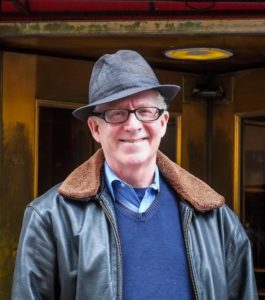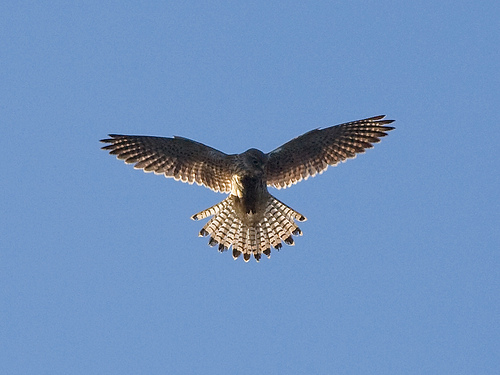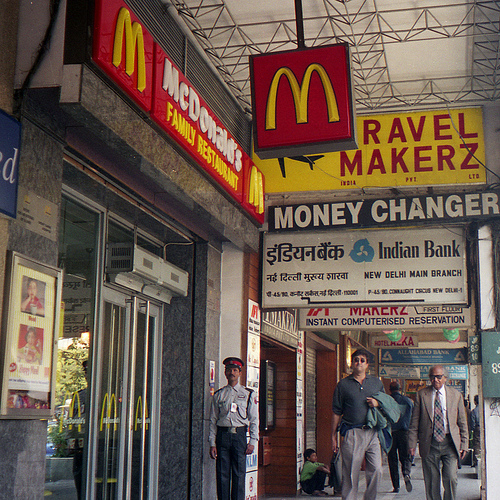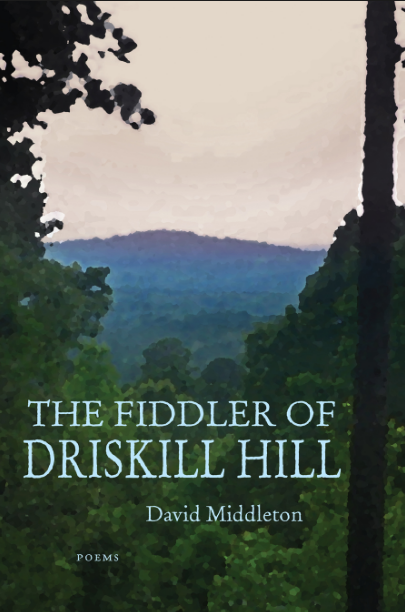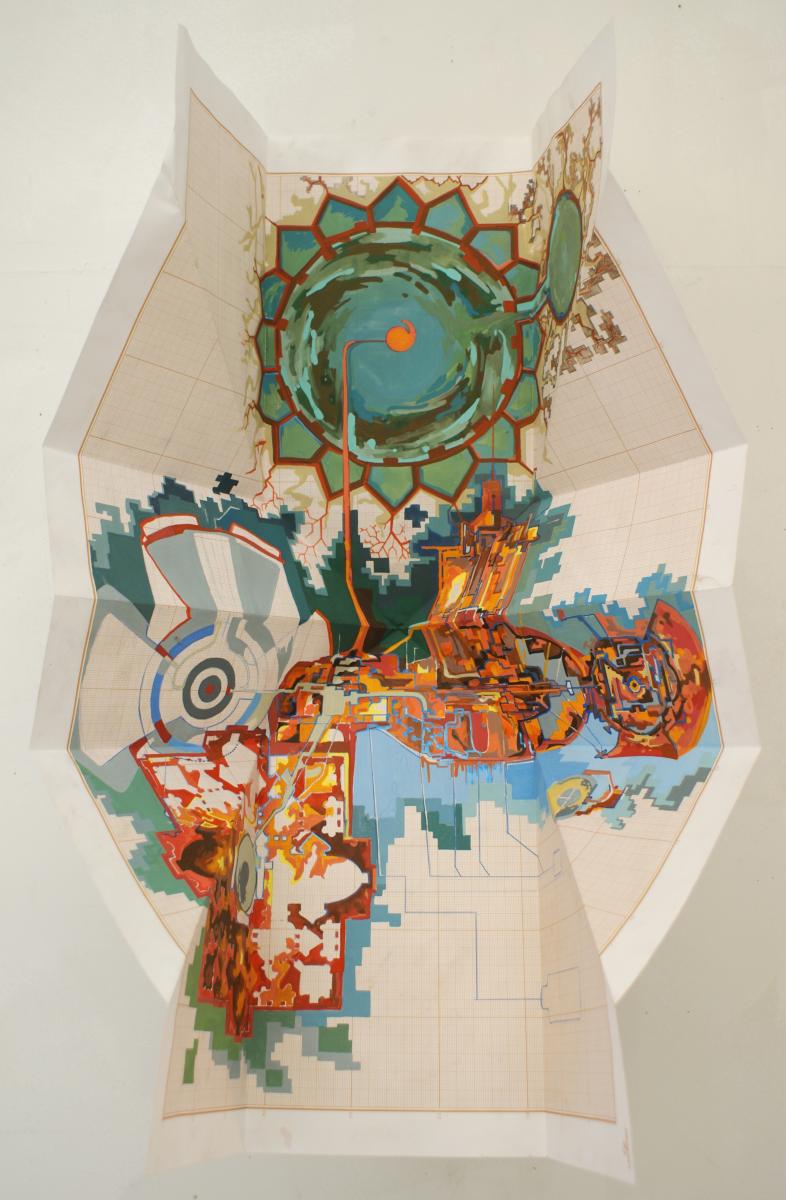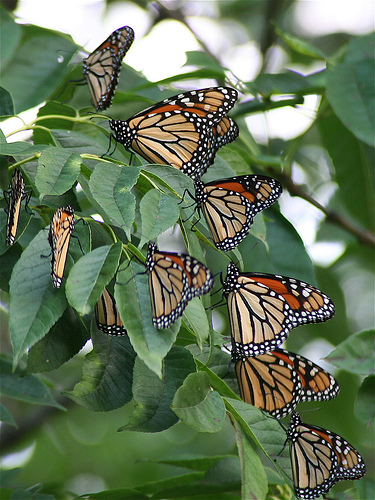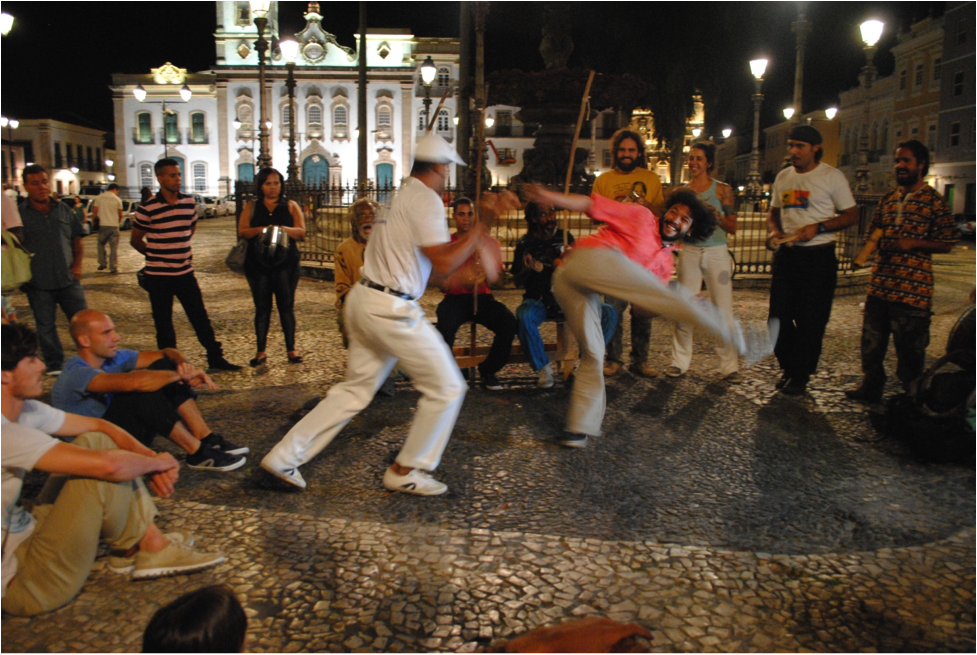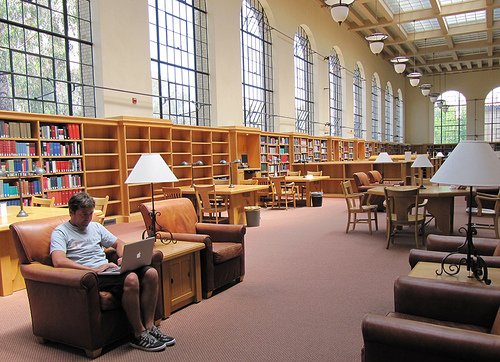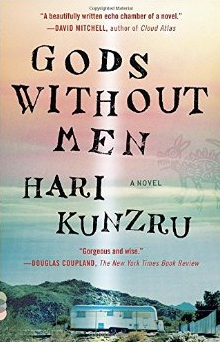MELODY NIXON interviews CLAIRE MESSUD
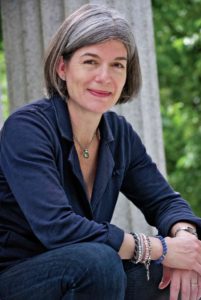
Claire Messud is the author of six novels, including The Emperor’s Children, a New York Times bestseller that was shortlisted for the 2006 Man Booker Prize. Her sixth novel, The Woman Upstairs, was released by Knopf in April 2013 to much critical acclaim and a long listing for the Canadian Scotiabank Giller Prize. As December temperatures plummeted Melody Nixon caught up with Claire Messud over the phone about fiction, philosophy, and that comment about the “likeability” of literary characters.
